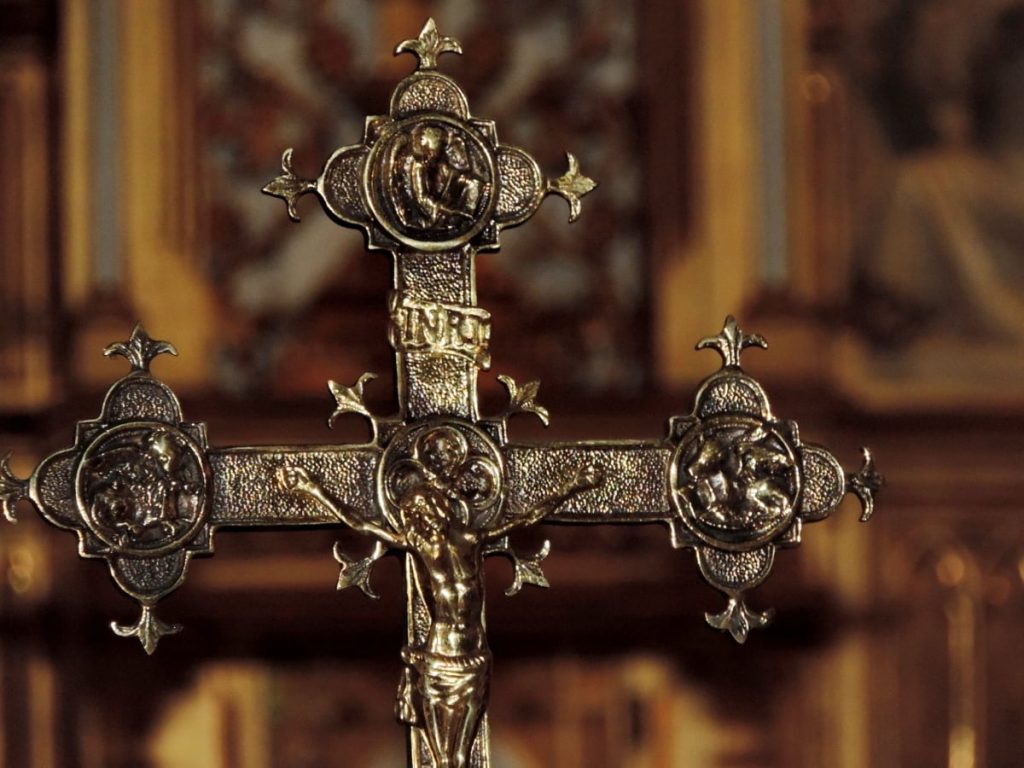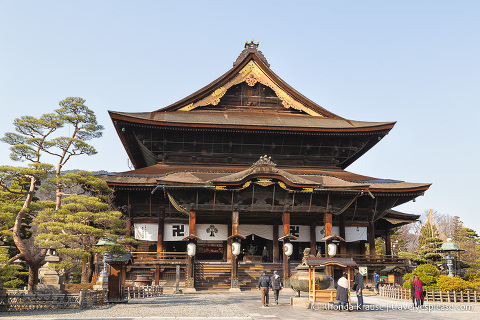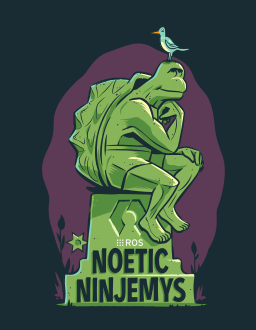In Michael Pollan’s excellent book How to Change Your Mind, the phrase “Primary Religious Experience” is used over and over. This is not a review of that book, we’re still not too sure how to actually review such an omnibus work. The book takes us through the entire history of the 1st wave of psychedelic research, and then takes us further into many of the currently working modern thinkers.
Given the breadth of time and research that the book covers, it is no surprise that Mr Pollan could not dive deep into every concept or every idea. Yet this idea, the idea of a Primary Religious Experience is one that exists in nearly every chapter in the book. In this post we hope to explain more of what that might mean, why it is so important to understand and how it ends up shaping our modern society.

a personal history
Before we dive in, we wanted to take a little time to stress that this is not a knock on religion in any way. We ourselves grew up in an outwardly Episcopalian household, spending many Sundays in catechism classes. We also spent nearly 6 years as Awana scouts, which is a clever attempt by the Evangelical sect of Christianity to create a youth training program similar to other scouting programs. Interestingly our parents had us participate in both groups at once, seemingly to cover all ground and make sure nobody in our small town would question our religious leanings.
Despite all that outward display of religiosity, our family was secular. We were given issues of the Secular Humanist publication on a regular basis — again at the same time we were participating in catachism and awana scouting. Our parents were always careful to make sure we identified as Christian outwardly, we were specifically told to always say we are Episcopalian if asked. It wasn’t until we journeyed to Japan before attending college that we began to understand why.

In Japan we found ourselves living with Zen monks, specifically Japanese Zen as opposed to what most westerners call “Zen” but is really the specialization Chan, a Chinese flavor of the Dharma. To help you understand the difference the Zen monks we lived with had families with children, they were not celibate, they drank alcohol and one drove around in a Ferrari.
No Chan monk would do any of those things. We spent a year in their tutelage while also attending a Japanese high school. A typical day starts before dawn, bathe with the monks, meditate, sweep, go to school, come home and sweep some more. Zen involves a lot of sweeping if you ever think you might want to get involved.
Ultimately we rejected all of these teachings. We suppose Buddhism is still the best label for what we practice, but really that is only because Monism has fallen out of favor. You may say we were just copying Alan Watts who took a similar path in the opposite order, however we would reply that we did not become familiar with Mr. Watts’ work until much later in our lifetime.
We mention all this history so that the next things we are going to say have some context, as they may seem offensive at first. We have some direct knowledge of these religions, and enjoy studying comparative religion generally. While we would never claim to be experts in any of these things, we would have no problem conversing at length with either a Christian or a Buddhist monk. We harbor no ill will to either and firmly believe all are on the same path, we just interpret things differently.
back on topic
Back to our topic, the primary religious experience. Mr. Pollan explains what this is a few times. We think the most powerful description is near the beginning of the book where he is describing the last Entheogen Symposium attended by Dr. Albert Hofmann. Dr. Hofmann is of course famous for first synthesizing the molecule LSD-25 and naming it. He also took the first ever trip on LSD. Mr. Pollan describes the symposium as more of a religious event where the attendees are actually devoted followers of Dr. Hofmann’s religion come to worship. As if this was the pope arriving in San Juan and people flock to the streets for a chance to see him.

That description is apt, the attendees of that symposium likely did go to worship at the alter of Dr. Hofmann. We would have joined them in an instant given the opportunity, we were far too poor for such a journey back then. But there is a difference between the followers of Dr Hofmann and the revelers who flock to the street to catch a glimpse of the Pope. That difference rests on the idea of Primary Religious Experience.
When a religious leader of any type stands before their flock, they are wielding the power of this experience. Simply by being the ego that stands up and speaks they are saying “Only I understand the true meaning of these words, you need me to interpret them”. This sentiment is no different in a Zen Monastery – just try speaking out of turn to the abbot and see what happens. There is a power dynamic here, between the ego that has the primary religious experience and those that don’t. This power dynamic forms the history of our species, up to and including our modern organizations and sadly, governments.
The implication in all these religions is that you cannot ever get the primary experience until after you are dead. You must dedicate your life to serving those who already have it, or say they do, but you cannot get it. In a Christian faith this is represented by heaven, if you follow you faith leaders then you will get into heaven. There is no opportunity for you to experience that before you die, it requires faith maintained over an entire lifetime to power these religions.
What about Buddhism, often called “The religion of no religion“, it is thought to not have this problem right? If an initiate dedicates their life to the Dharma then they can achieve enlightenment within their lifetime. Buddhism technically allows for this as that is the path Gautama Buddha himself took. However if you actually go and try you will find this dream is always kept out of reach. Always one more question to answer requiring years of meditation. The abbot’s power requires that the initiates not rise above their level, in exactly the same place a Christian leader’s power rests.

In all these religions the Primary Religious Experience is reserved exclusively for the leader caste, and only the leader caste will ever have access to it. The lay people are only offered a secondary experience, requiring faith, in the form of a sacrament. The receiving of the Dharma, or the receiving of communion. It is through these secondary experiences that the leaders maintain the faith of their flock.
an alternate history
Knowing all that, let’s consider an alternate history. What would have happened if instead of sharing his creation with the world, Dr. Hofmann had the same selfish inclinations of the typical religious leader? Selfish here is not an insult, this is the natural state of the ego and no human should ever be blamed for that. Dr. Hofmann could have kept his primary experience, the psychedelic trip, as something only he and a few chosen colleagues could do. He could have easily created a less powerful form, an analogue, to be his secondary sacrament.
In this world, assuming people were still drawn to that experience as they seem to be, Dr. Hofmann could have founded an entire religion with only he and a few chosen disciples having real access to the full dose. Likely he could have accumulated a lot of power and wealth this way, look at any religious leader including venerated leaders such as the Dalai Lama for a succinct example of how that ego indulgence plays out. And yes, we did just accuse the Dalai Lama of being a selfish ego, we stand firmly behind those words. That doesn’t mean he is a bad person, it just means he is a person, a self, an ego.
Mr. Pollan’s metaphor for that symposium as a religious event is apt. We could have had that history. If psychedelics didn’t work the way they do that is…

Mr. Pollan uses and explains the term “Noetic“. This the quality that those who have a psychedelic experience become driven to share it with the world. Just look at ourselves and this website, what do you think we are doing right now? When Dr. Hofmann had his first experience he also received that “Noetic” message loud and clear. This is why he did not take that alternate path to separate the primary from the secondary experience.
conclusions
And here we reach the end of this thought. Now we understand why all religions, including the famous “Religion of no Religion”, require their followers to maintain faith and only partake in the secondary experience. We won’t go as far as to say the primary experience might not exist in these religions, but you could see how some might think that. And if they are wrong, show them your god and let them speak directly. You can speak with ours anytime you want, we don’t even need to be there to mediate the discussion.
The “church” of psychedelics does not require any faith. At any time, devotees can partake in the primary experience and interpret it as they wish — there is no secondary experience unless you count reading things like this maybe. If you don’t believe in it that’s fine, but even you the non-believer could talk to god anytime you want, no interpreter required.
Leave a Reply